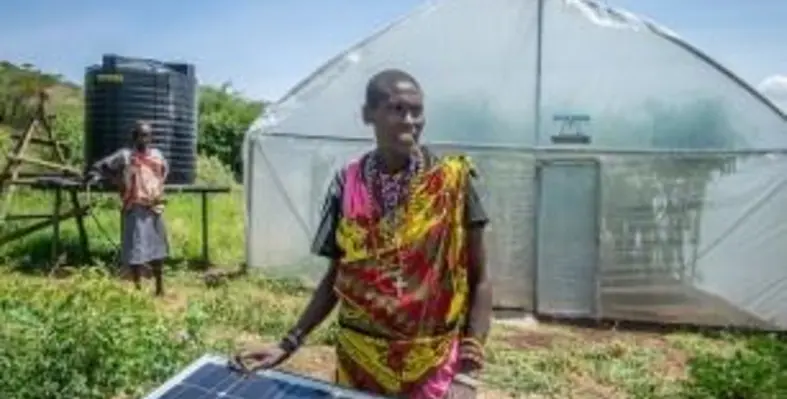Multiple African countries are embracing energy diversity as a means of meeting the multiple challenges for powering the continent at a domestic, commercial and industrial level
Ghana, Kenya and South Africa are three countries where a wide-ranging approach to ensuring energy security is being taken.
“Africa has an abundance of energy resources that can be brought online rapidly and cost-effectively,” says Webb Meko, Business Development Director, Sub-Saharan Africa, Black & Veatch. “While there is growing interest in renewable energy due to its benefits, a blended and balanced energy system, that also includes traditional energy resources and small-scale systems, will provide adequate power output for major cities and industries, while reaching consumers in remote areas. The balanced energy approach results in greater affordability, access, and a minimised environmental impact.”
For Ghana, hydropower, thermal energy, solar, biomass and wind are all being used in conjunction with traditional energy sources, such as oil and gas. Nuclear is a long-term consideration for the country’s power challenges.
In South Africa, the Department of Energy’s push to incorporate advances in coal, renewable energy, gas, and nuclear technologies is underway. Meanwhile, Kenya is continuing geothermal, solar and wind project development, while also adding off-grid renewable solutions to boost electricity access. Growth of gas-fired power generation and baseload coal plants are also on the horizon.
“Governments are realising that no one technology provides the long term power solution they need to support economic growth and job skills creation,” said Meko.
Removing investment barriers will make African countries more appealing in terms of projects being properly funded and developed, according to Meko.
“Regardless of technology, investors are looking for bankable projects that are well developed and delivered by experienced consultants and engineering and construction providers. Proven project development methods, tighter planning, globally accepted delivery models, and strong project controls give assurance that projects will be completed in a timely and cost competitive manner – and offer solid returns. This assurance is particularly important when owners or investors are dealing with technologies they may be less familiar with,” he said.
CAPTION: Solar energy development in Kenya continues apace. (Image Source: CAFOD Photo Library/Flickr)












